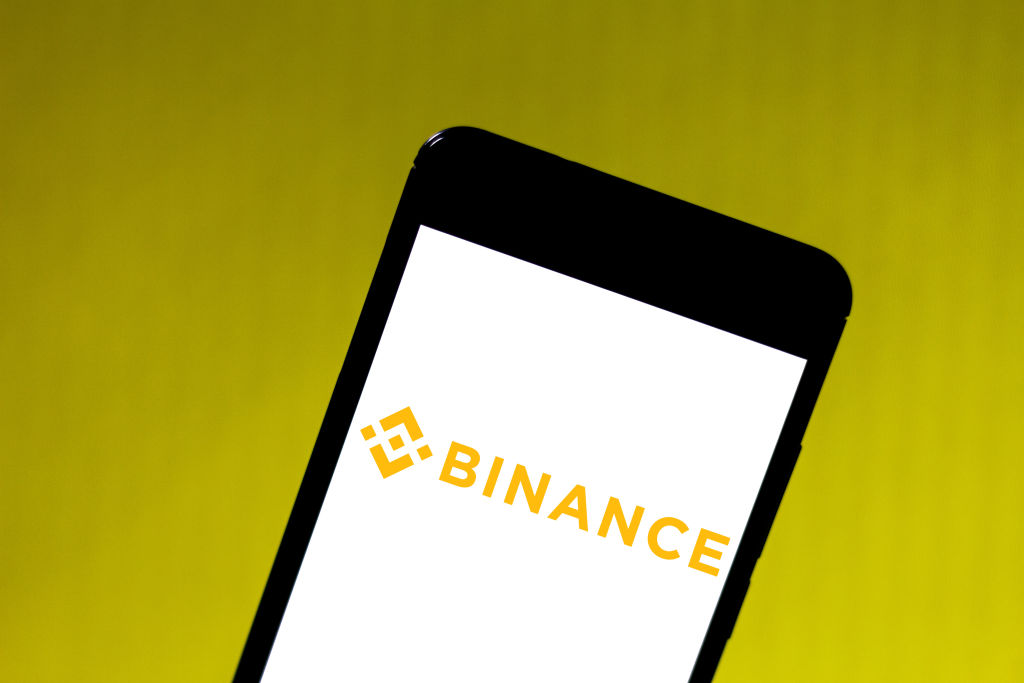You may not have heard of Amadeus, but if you’ve taken a trip, you’ve probably interacted with its tech stack.
Launched in 1987, the company provides hundreds of transportation and hospitality providers with inventory management and booking services. “In short, it covers just about every aspect of travel IT imaginable,” writes enterprise reporter Ron Miller.
For years, Amadeus managed its own infrastructure, but as the pandemic slowed global travel to a trickle, its executive team realized that mounting technical debt was holding the company back.
Full TechCrunch+ articles are only available to members
Use discount code TCPLUSROUNDUP to save 20% off a one- or two-year subscription
To learn more about its planned three-year migration to the public cloud, Ron interviewed Sébastien Pellisé, deputy lead for public cloud transformation, and Fredrik Odeen, Amadeus’ lead for public cloud transformation and corporate strategy,
They shared their process for evaluating cloud vendors, described Amadeus’ shift to a DevOps model, and explained how they’re communicating the predicted benefits to customers. “Our engineers are excited about this move,” said Pellisé.
Amadeus has 16,000 employees and earned more than $2 billion in revenue last year, but early-stage startups can learn from its digital transition, Ron writes.
“As your technology becomes more dated, you too will have to make similar decisions.”
Thanks very much for reading — have a great weekend!
Walter Thompson
Senior Editor, TechCrunch+
@yourprotagonist
Why a 35-year-old travel IT company decided to slash its technical debt
Gogoro’s public debut could supercharge EV battery swapping across the globe

If you can map every oasis in a desert, you’ve created a transportation network.
Gogoro, which operates a battery-swapping platform for two-wheeled EVs in urban areas, is doing something similar: On Monday, it finalized a SPAC merger with Poema Global that will generate an estimated $335 million in cash.
“Gogoro will use the fresh funds from its IPO to continue to expand in Taiwan as it branches outward to larger markets like China, India and Indonesia,” writes transportation reporter Rebecca Bellan.
Gogoro’s public debut could supercharge EV battery swapping across the globe
6 questions investors should ask when evaluating psychedelic biotech companies

A few years ago, ingesting small quantities of psychedelics to elevate one’s mood or productivity was fodder for Silicon Valley small talk.
Today, psychedelic therapeutics are being used to treat a variety of mental health issues. And as more regions decriminalize the use of plant-based substances, investors are taking notice.
With plans to raise a $25 million fund and more than $15 million already invested, PsyMed Ventures focuses on early-stage startups developing psychedelic therapeutics.
In a TC+ guest post, partners Matias Serebrinsky and Greg Kubin explore their investment thesis in detail: “We believe in a future where psychedelic therapy will be as common as going to the dentist, but the path won’t be easy.”
6 questions investors should ask when evaluating psychedelic biotech companies
Dear Sophie: Supporting Ukrainians with H-1Bs and beyond

Dear Sophie,
We’re a startup that currently has an employee, who is originally from Ukraine, working for us on an H-1B visa. He is trying to get his parents out of Ukraine.
We also entered a prospective Ukrainian employee who fled to Poland in the H-1B lottery, but he wasn’t selected yet.
How can we support them?
— United with Ukraine
The fundraising market is losing some of its founder-friendly shine

With VCs pulling back on the reins, valuations slipping, and 2021’s hype fading, founders are finding themselves working harder to raise capital than they were in 2021, Alex Wilhelm found in his analysis of early data from DocSend.
“When we consider that sentiment shift and the fact that totals fell from fourth-quarter levels, we can infer that Q2 2022 could easily report another sequential decline in global and U.S. venture capital activity,” he writes.
The fundraising market is losing some of its founder-friendly shine
What the Binance bailout of Axie Infinity means for crypto’s future

After unknown parties stole $625 million from play-to-earn crypto game Axie Infinity last week, the studio behind the game announced that it had raised $150 million to compensate users.
“What’s interesting about this funding round is that it was led by crypto exchange Binance — the highest-volume exchange globally — although Binance hadn’t participated in Sky Mavis’ prior raises,” writes Anita Ramaswamy.
“Today’s investment showcases, if anything, how important Axie’s precedent is to the development of the broader ecosystem – and how willing VCs and crypto incumbents are to bend over backward to make sure it succeeds.”
What the Binance bailout of Axie Infinity means for crypto’s future
3 ways deep tech founders can climb out of pilot purgatory

Because so many deep tech startups operate on the bleeding edge, founders in this space have a harder time raising funds, acquiring customers and reaching product-market fit.
Many of these companies will stall early because they never move from pilot stage to a full-scale rollout. “This is a big, widespread, industry-specific problem,” says Champ Suthipongchai, co-founder and general partner at Creative Ventures.
“While I don’t presume to have a silver bullet solution, I do know three ways deep tech founders can make sure their time in pilot purgatory ends in a rollout.”
Why VCs don’t need to fear a financial slowdown

According to Marc Schröder, managing partner at MGV, “seed-stage investing is the best place for venture capital to deploy when global uncertainty sprouts up.”
Instead of pouring money into “companies that required massive growth and scale to continue growing into their valuations,” investors are turning to smaller startups with “more reasonable scaling challenges.”
Eventually, any extended chill in the public markets will start to shrink the amount of resources available for startups, “but that might not be the worst thing for investors looking to double down on their investments at attractive prices,” says Schröder.
Terra’s founder plans to back its stablecoin with a ‘basket’ of cryptocurrencies

In an interview with reporter Jacquelyn Melinek, Terraform Labs founder Do Kwon explained how his plans to purchase $10 billion in bitcoin will help integrate the TerraUSD (UST) “stablecoin deeper into the crypto ecosystem.”
Terra will back UST with additional Layer 1 blockchains as it expands its ecosystem, said Kwon.
“We’re big believers of Bitcoin, so we’re just going to continue to buy whenever there’s an opportunity to.”
Terra’s founder plans to back its stablecoin with a ‘basket’ of cryptocurrencies































Comment